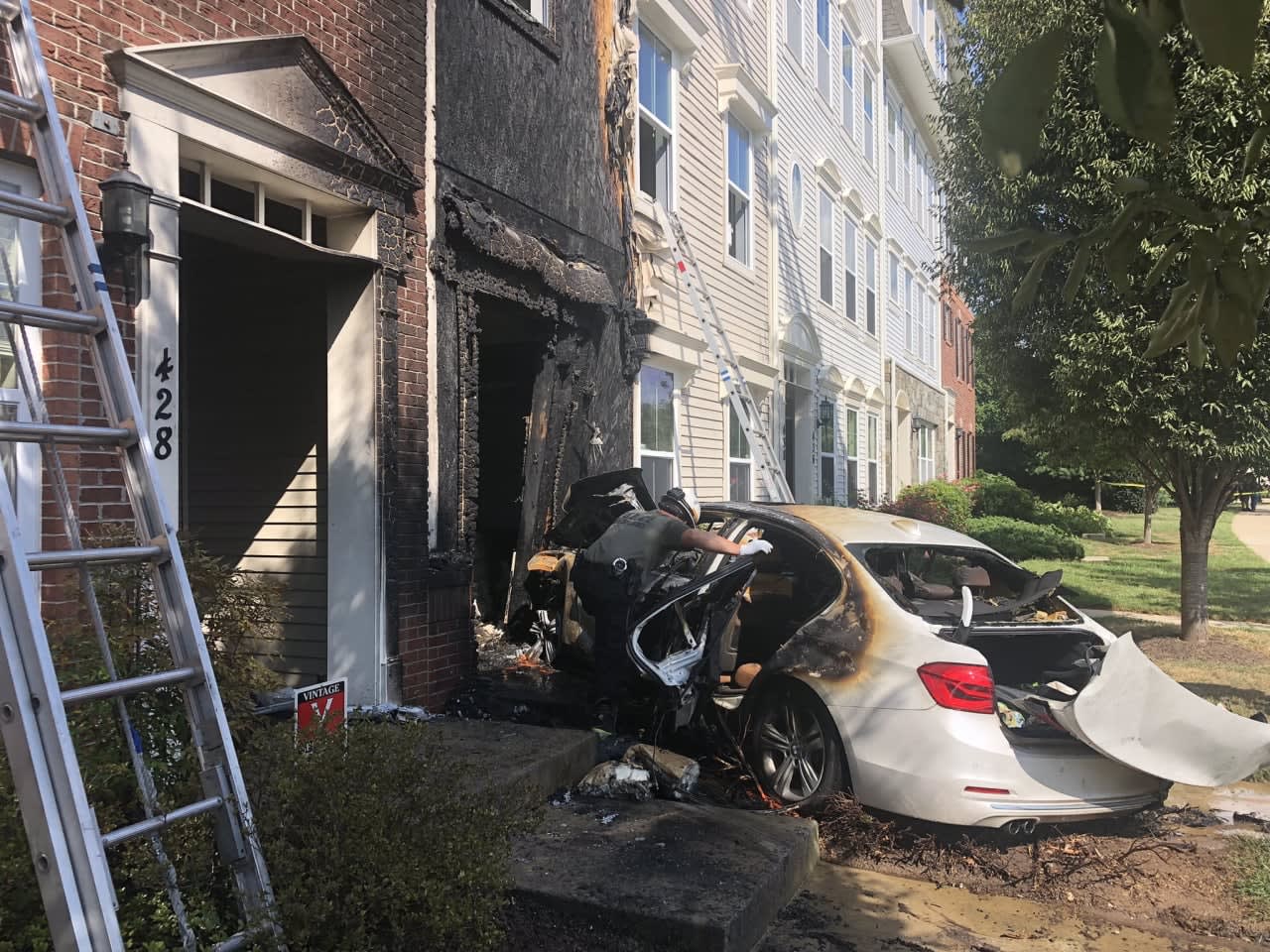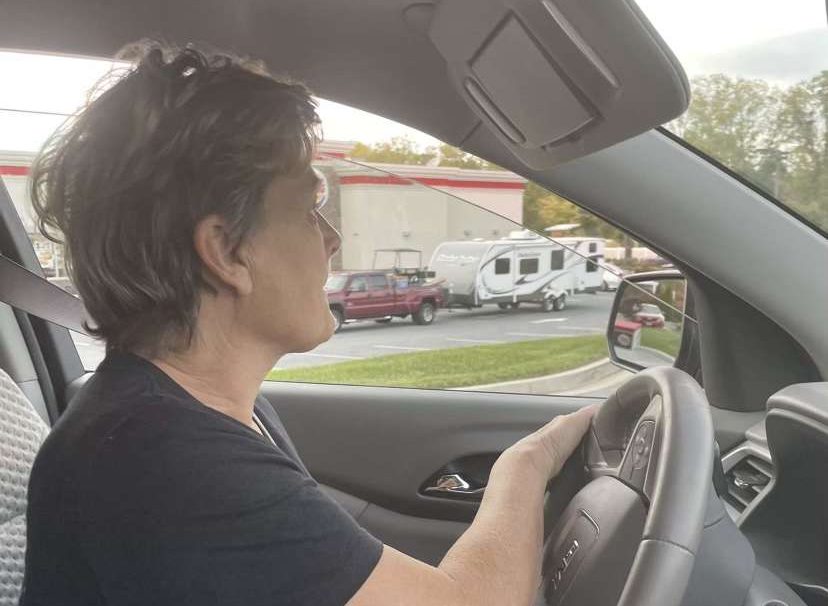An increasingly complicated issue: The dangers of elderly driving
Without looking at statistics, elderly drivers may not appear any more dangerous than the average person.
October 3, 2022
With an aging U.S. population and increased life expectancy for the Silent and Baby Boomer generations, there is a growing number of seniors that are still able to drive and partake in daily routines such as going to shops and visiting family and friends. While they deserve to continue living their lives to the fullest, is doing so putting others at risk?
As adults age, they begin to have slower reflexes, trouble hearing and/or seeing and reduced flexibility. Unfortunately, there are frequent reports of older people causing serious accidents or deaths due to lack of alertness or diminished reflexes or mental state.
Despite changes to physical and mental performance, there are many social and financial issues that factor into the licensing of elderly drivers. The ability to drive onesself comes with a greater level of independence. It is understandable that elderly drivers are reluctant to give it up.
The balance between caring for and supporting a loved one’s independence and the added risk they may assume behind the wheel can lead to rifts within families. Some may be forced to to make the hard decicision to take their loved ones’ car keys away in order to ensure their safety.
“I remember when my mom had to sit my great-grandmother down and talk about her car. It wasn’t really safe [for her] anymore after she had gotten in a few minor accidents,” said sophomore Kiefer Ely.
Most elderly people are prescribed medications that may make them drowsy, impaired, or in some cases, cause vision disruptions. The side-effects of medications in conjunction with the physical changes of aging can add further risk to elderly driving.
Perhaps surprising to some, elderly drivers account for more vehicular deaths than teens. According to the National Highway Transportation Safety Administration (NHTSA), approximately 60% of all driver deaths in 2020 were adults older than 65.
The laws regarding driving eligibility for elders make the potential problems associated with elderly drivers more widespread. Elderly drivers are only required to get a license renewal every five years, allowing plenty of time for their physical or mental capacity to degrade between mandatory vision tests.
Some people say that elderly people are at no greater risk than anyone else when driving. As long as your relative receives regular vision and reflex checks, there should be no problem.
“I think some elderly people certainly have the capacity to drive. My great-great-aunt was 93 and still driving well, mowing her own lawn and living independently,” said English teacher Victoria Benson.
Although this may be true for some, people older than 70 are at greater risk for having completely unexpected ailments that can make it unsafe for them and other people around them to be driving. They are also not required to have a road driving test unless they have already been determined to be unfit, meaning that issues driving may go unnoticed.
Although some drivers older than 65 may discontinue driving or drive less frequently because of the continued risks associated, many continue to stay on the road. As of now, Maryland has more than 20,000 drivers older than 90 years old and drivers older than 65 make up 17% of all drivers in the state.
Driving is a huge responsibility, and even if most who undertake it are careful, society needs to step in if an irresponsible minority stay on the roads longer than they should.

Balance needs to be created between elderly people’s right to continue living their lives for as long as possible and society’s responsibility to protect the masses.
The promise of freedom is not something easily revoked from elderly drivers. Efforts must be made to find a compromise that ensures everyone’s safety.



